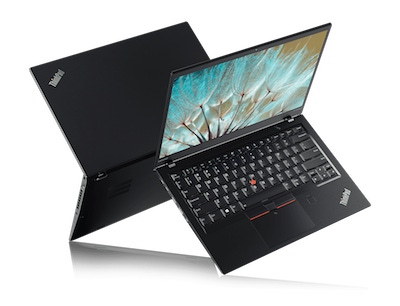Toray composites acquisition creates mega-player in aerospace composites
Purchase of TenCate Advanced Composites sees Japanese company gain a presence in thermoplastic and high-temperature composites; enables entry into new markets such as defence and space.
July 18, 2018

Japanese carbon fiber and composite supplier Toray Industries, Inc. has finalized the acquisition of Netherlands firm with Koninklijke Ten Cate B.V., effectively acquiring its subsidiary, TenCate Advanced Composites Holding B.V., a leading carbon-fiber composite material manufacturer. The €930 million deal was first announced in March and following the completion of discussions with Ten Cate Advanced Composites’ Works Council, as stipulated by Dutch laws, the deal has proceeded.
|
The small- to mid-size commercial jet market is set for solid growth in coming years, which is good news for composites |
Ten Cate Advanced Composites, a prepreg manufacturer with its main manufacturing bases in Europe and the U.S., has a track record of supplying thermoplastic prepreg and high heat resistance thermoset resin composites to the aerospace and other sectors.
To date, Toray has primarily focused on epoxy-based carbon fiber prepregs for primary structures in commercial aircraft, where service temperature requirements are relatively low. Through the Ten Cate acquisition, the company will expand its presence into high service temperature applications such as componentry in the vicinity of engines, as well as gain access to the space and defence market.
Ten Cate’s product portfolio includes cyanate ester- and bismaleimide-based composites, as well as extreme heat resistance polyimide-based composites. Ten Cate also offers thermoplastic carbon fiber composites that employ polyphenylene sulfide (PPS), polyetheretherketone (PEEK), and polyetherketoneketone (PEKK) matrixes.
Toray notes that the use of thermoplastic composites is increasing in commercial aircraft; for example, CF/polyetherimide (PEI) compounds are used in aircraft engine nacelle interiors, and CF/PPS compounds are used in small parts like stiffeners and fuselage clips. Approximately 8,000 such clips are utilized in the Airbus A350 and they are formed by a high-speed stamping process. CF/PPS compounds are also used in the tail assembly of smaller aircraft such as Gulfstream business jets.
CF/PEKK, meanwhile, is set to replace certain thermoset composite or metal primary structures while in the near future, this composite, as well as CF/PEEK, may also be used in integral panel structures joined by thermoplastic welding without the need for fasteners. Glass-fiber-reinforced composites, meanwhile, have already been adopted in the wing leading edges of the Airbus A380.
Toray forecasts that revenue derived from thermoplastic composites for commercial aviation will grow from €60 million this year to €100 million in 2021 and €250 million around 2025. The key to market growth here is seen as development of a next-generation carbon fiber suitable for thermoplastic resins and subsequent de facto standardization.
Besides aerospace, Toray also has a number of strategies in place for thermoplastic composite applications in other sectors. These include medical devices, laptop computer housings, sporting good, footwear, and, from 2020 onwards, automobiles.
Looking at the 165 million unit per annum laptop computer market, Toray sees an opportunity in the ultra-lightweight segment comprising around 52 million units annually. Toray has already scored some success here, supplying a thermoset carbon-fiber prepreg material for the display cover of the Lenovo X1 Carbon laptop and a thermoplastic prepreg material for use in the HP Spectre laptop bottom cover. These prepregs are hot press-molded, then back-molded in an injection insert molding process. As it stands, however, aluminum and magnesium housings continue to dominate this sector with an estimated 90% of the market.
About the Author(s)
You May Also Like





